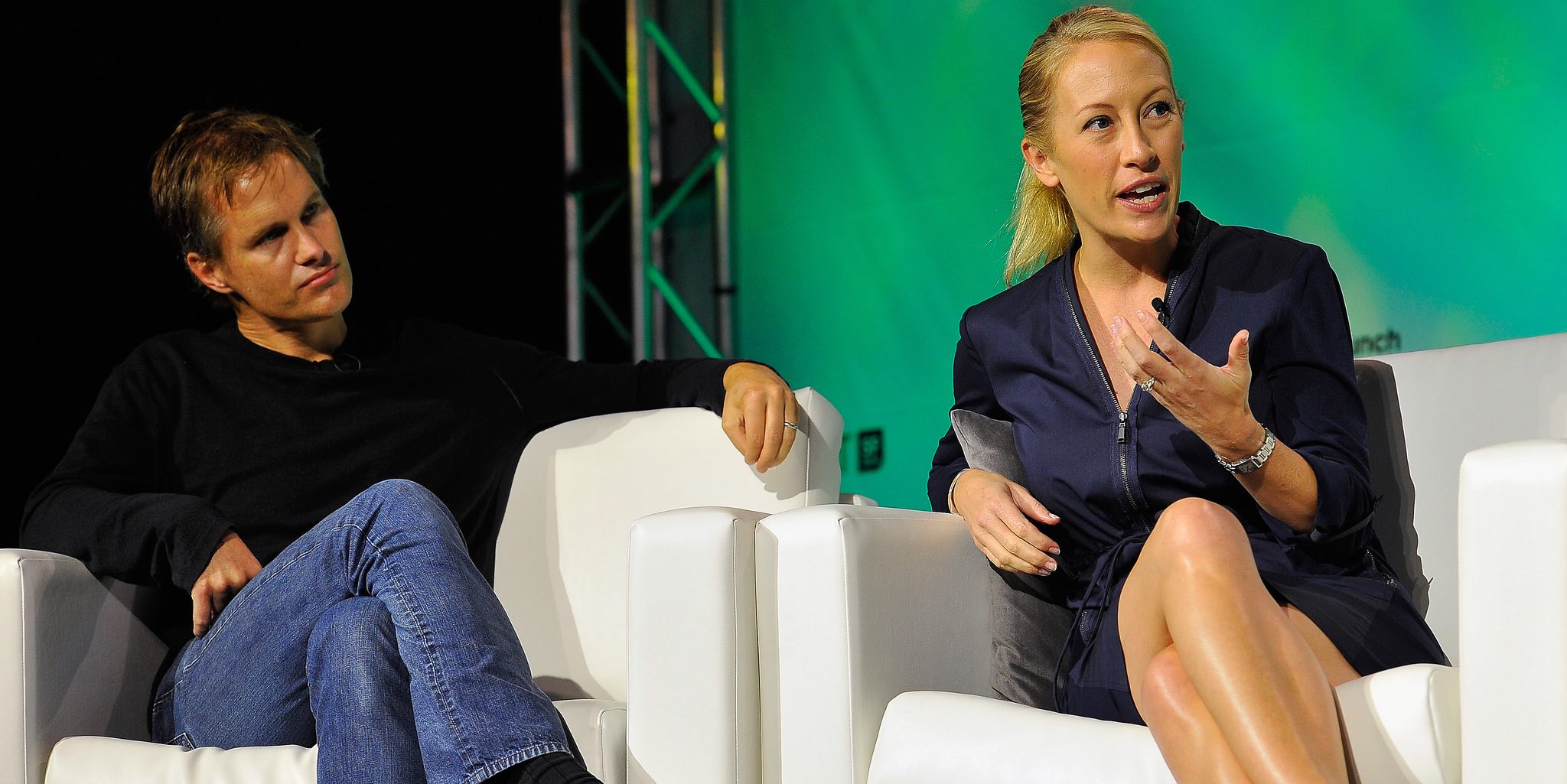
One of the perks of being a business guy is you can tune into CNBC and know exactly what everyone’s talking about. At least, it used to be that way. Lately, you need a decoder ring to understand half of what some executives are saying. The jargon has become nearly incomprehensible.
It’s not that I’m outdated, mind you. It’s just that business leaders are finding ever-more creative ways of expressing what should be simple concepts. Why, I have no idea. I’ve always thought that, if you want people to understand you, you should speak plain English. What the heck do I know?
I used to wonder why I could never understand Bob Dylan’s lyrics until I realized that’s just the way he talks. He probably thinks that way, too. Check out this excerpt from a 1966 Playboy interview:
PLAYBOY: What made you decide to go the rock-‘n’-roll route?
DYLAN: Carelessness. I lost my one true love. I started drinking. The first thing I know, I’m in a card game. Then I’m in a crap game. I wake up in a pool hall. Then this big Mexican lady drags me off the table, takes me to Philadelphia. She leaves me alone in her house, and it burns down. I wind up in Phoenix. I get a job as a Chinaman. I start working in a dime store, and move in with a 13-year-old girl. Then this big Mexican lady from Philadelphia comes in and burns the house down. I go down to Dallas. I get a job as a “before” in a Charles Atlas “before and after” ad. I move in with a delivery boy who can cook fantastic chili and hot dogs. Then this 13-year-old girl from Phoenix comes and burns the house down. The delivery boy – he ain’t so mild: He gives her the knife, and the next thing I know I’m in Omaha. It’s so cold there, by this time I’m robbing my own bicycles and frying my own fish. I stumble onto some luck and get a job as a carburetor out at the hot-rod races every Thursday night. I move in with a high school teacher who also does a little plumbing on the side, who ain’t much to look at, but who’s built a special kind of refrigerator that can turn newspaper into lettuce. Everything’s going good until that delivery boy shows up and tries to knife me. Needless to say, he burned the house down, and I hit the road. The first guy that picked me up asked me if I wanted to be a star. What could I say?
PLAYBOY: And that’s how you became a rock-n-roll singer?
DYLAN: No. That’s how I got tuberculosis.
If you think no business executive could possibly be that convoluted, think again. Here are some excerpts from interviews with Julia Hartz (pictured above), former marketing veep of Eventbrite — a site for buying and selling tickets to live events:
Q: How much are Millennials into going out and doing stuff?
A: As you can see, Millennials are putting their share of wallet toward live experiences much more actually than material goods. And last year alone we had 1.7 million live events ticketed on the platform and so you see that connection and you see that share of wallet going towards these really important moments … So you see this area of experientialism over materialism that really drives this need to connect. Millennials are sharing their live experiences online, which is driving social capital. So you know the selfie is the ultimate social capital these days, which is driving the promotion of live experiences. It’s a very nice virtuous cycle.
Q: How do you make money?
A: Our revenue stream is a small ticket fee – it’s 2.5% plus 99 cents – which really signals the democratization that Eventbrite has in the industry, because that is quite low.
Q: Are you considering going public?
A: We’ve always used the IPO as an example of optionality.
The real question is, did words and phrases like “share of wallet,” “experientialism,” “social capital,” “democratization” and “optionality” help to get her point across or make her about as easy to understand as Dylan?
Since then, Hartz has been promoted to CEO. Must have been her communication skills.
Every industry has its own jargon, but savvy executives are either trained or intuitively know that, when they’re talking to a broad audience, the goal is to communicate, not complicate. You want to connect with people, not baffle them. Lately, far too many business leaders seem to have that concept backwards.
Granted, language has always been a little like fashion. Colloquialisms come and go with the times. I guess that explains why corporations are now called “brands,” customers are “users,” freelancers are “solopreneurs,” teamwork is “collaboration,” debates are “conversations,” recruiting is “talent acquisition” and management is “leadership.”
Still, when a business interview becomes a murky stew of incomprehensible technobabble, something is not quite right. Funny how everyone talks about transparency and authenticity these days. How ironic can you get?
P.S. Huge Dylan fan, btw. Don’t want anyone to get the wrong idea.
Image credit TechCrunch via Flickr
A version of this originally appeared on FoxBusiness.com.